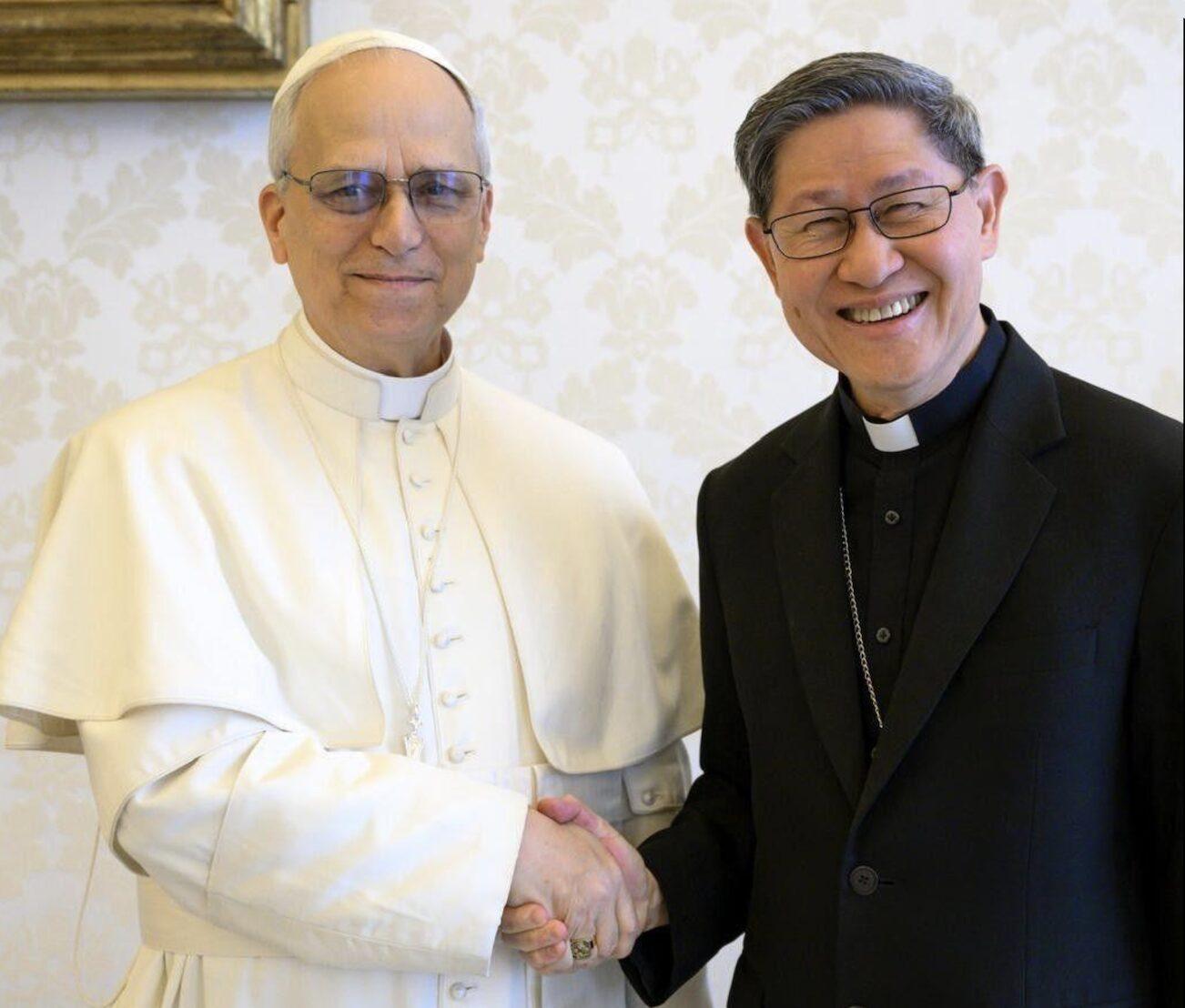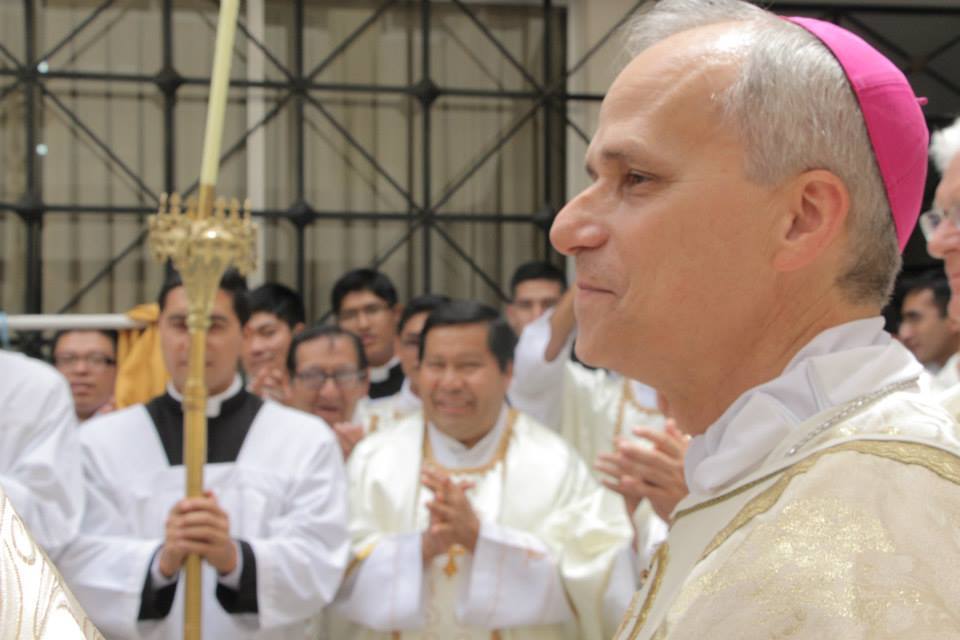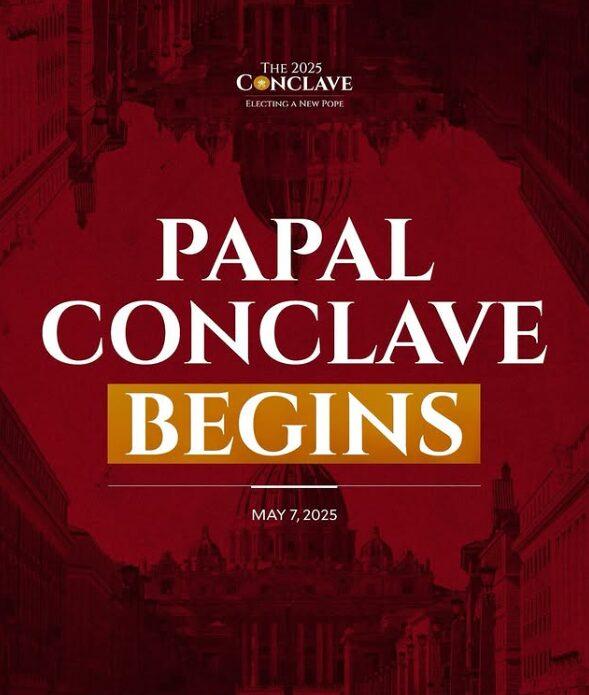“Speak with parrhesia and listen with humility,” said Pope Francis—using the Greek term meaning to speak candidly or boldly, without fear—to Catholic bishops at the Synod on the family this month at the Vatican. “And at the same time, you should listen with humility and accept with an open heart what your brothers say.”
The Pope opened important discussions Monday at the Synod of Bishops, one of two worldwide meetings for 2014 and 2015 that the pontiff has called, focusing on the topic of the Catholic family.
The second World Meeting of Families will take place in Philadelphia next September, serving as a forum for “debating issues on the agenda for the world Synod of Bishops at the Vatican [in October],” according to two archbishops in charge of the event.
In preparation for next year’s big meeting, over 200 bishops are gathering in Vatican City for the next two weeks, discussing heavy topics such as family dynamics, assessment of old church teachings, and current Catholic views on the topic of marriage: both same-sex marriage and renewal for divorced Catholics.
Much of the worldwide pre-synod discussion has centered on the issue of whether divorced and remarried Catholics can receive Communion, a church-wide debate which Pope Francis himself has said should be given a “more merciful, pastoral approach.” But the issues being discussed at the current Synod have diversified, from poverty and labor issues to premarital sex and abortion.
The meetings have raised hopeful expectations that serious changes would be coming to various church practices regarding the family.
However, in a televised Synod session on Monday, Oct 6, many of the bishops were conflicted during open discussions about these big, important issues. Many of the prelates in attendance had very clear opposing views, and for this reason have not yet come to a decision. No substantial changes to current church teachings are being made, according to the Vatican Press Office.
Basilian Fr. Thomas Rosica positively told the press, “I didn’t hear anything about changing doctrine, but I heard a great desire to deepen our understanding of doctrine.”
Cardinal Lorenzo Baldisseri told the bishops in attendance, “Expressing one’s convictions is always positive as long as it is done in a respectful, loving and constructive manner. It is important for a person to express himself without fear or suspicion.”
In regards to Pope Francis’ request to “speak boldly,” some very opinionated church officials are speaking out, such as Cardinal Péter Erdő, who defended traditional church teachings when he clearly said, “Mercy does not take away the commitments which arise from the demands of the marriage bond. This means that, in the case of a consummated sacramental marriage, after a divorce, a marriage recognized by the church is impossible while the first spouse is still alive.”
Cardinal Erdő critiqued modern society instead, saying that the way it teaches people to live life—not as a life-long endeavor, but “as a series of moments in which great value is placed on feeling good and enjoying good health”—is the reason why people are conflicted with Catholic teachings. “From this vantage point, any firm commitment seems insurmountable and the future appears threatening.”
The cardinal also pointed out the church’s teachings, such as the indissolubility of marriage, need to be made clearer to believers. “What is being discussed at this synod of an intense pastoral nature are not doctrinal issues, but the practical ones…nevertheless inseparable from the truths of the faith,” he said.
Other active Catholic leaders are also speaking out on important issues, such as welcoming same-sex couples into the church.
“The church constantly faces the tension of upholding the truth while expressing compassion and mercy. Families face this tension all the time,” said Ron and Mavis Pirola, an Australian married couple who spoke to the synod on Monday, bringing up a story of friends who welcomed their son and his male partner into their home for Christmas. “Their response could be summed up in three words, ‘He is our son.’ What a model of evangelization for parishes as they respond to similar situations in their neighborhood.”
“Marriage is a sexual sacrament with its fullest expression in sexual intercourse,” the Pirolas continued. “We believe that until married couples come to reverence sexual union as an essential part of their spirituality, it is extremely hard to appreciate the beauty of [Catholic] teachings.”
Though no official standpoints have been decided on yet at this year’s Synod, it is evident that the way modern Catholics view marriage, sex, and family is changing, and something needs to be done.
The Synod will continue until Oct. 19, with more important family topics to be discussed and voted on in closed sessions. After a week, the bishops will create a working draft for all topics that were discussed, which will be updated and worked on during the second week of meetings to result in a final document for the Synod, to be delivered to the Pope.
(With reports from the National Catholic Reporter)





